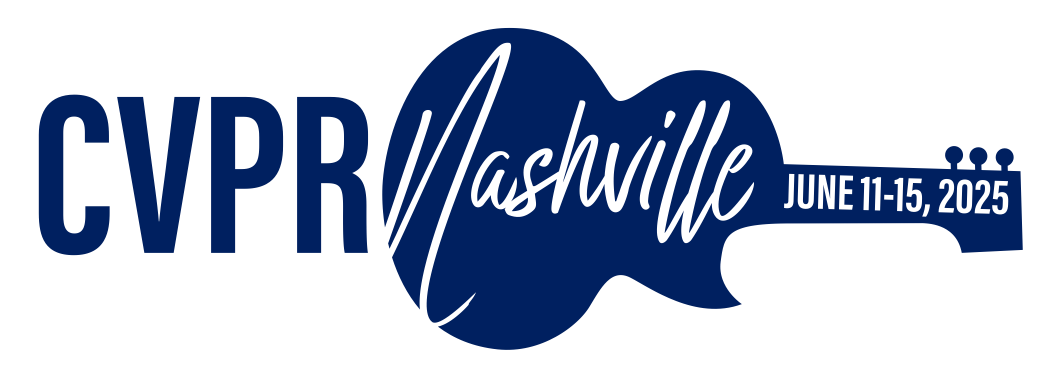-
[pdf]
[supp]
[arXiv]
[bibtex]@InProceedings{Qu_2025_CVPR, author = {Qu, Zhen and Tao, Xian and Gong, Xinyi and Qu, ShiChen and Chen, Qiyu and Zhang, Zhengtao and Wang, Xingang and Ding, Guiguang}, title = {Bayesian Prompt Flow Learning for Zero-Shot Anomaly Detection}, booktitle = {Proceedings of the IEEE/CVF Conference on Computer Vision and Pattern Recognition (CVPR)}, month = {June}, year = {2025}, pages = {30398-30408} }
Bayesian Prompt Flow Learning for Zero-Shot Anomaly Detection
Abstract
Recently, vision-language models (e.g. CLIP) have demonstrated remarkable performance in zero-shot anomaly detection (ZSAD). By leveraging auxiliary data during training, these models can directly perform cross-category anomaly detection on target datasets, such as detecting defects on industrial product surfaces or identifying tumors in organ tissues. Existing approaches typically construct text prompts through either manual design or the optimization of learnable prompt vectors. However, these methods face several challenges: 1) handcrafted prompts require extensive expert knowledge and trial-and-error; 2) single-form learnable prompts struggle to capture complex anomaly semantics; and 3) an unconstrained prompt space limits generalization to unseen categories. To address these issues, we propose Bayesian Prompt Flow Learning (Bayes-PFL), which models the prompt space as a learnable probability distribution from a Bayesian perspective. Specifically, a prompt flow module is designed to learn both image-specific and image-agnostic distributions, which are jointly utilized to regularize the text prompt space and improve the model's generalization on unseen categories. These learned distributions are then sampled to generate diverse text prompts, effectively covering the prompt space. Additionally, a residual cross-model attention (RCA) module is introduced to better align dynamic text embeddings with fine-grained image features. Extensive experiments on 15 industrial and medical datasets demonstrate our method's superior performance. The code is available at https://github.com/xiaozhen228/Bayes-PFL.
Related Material





